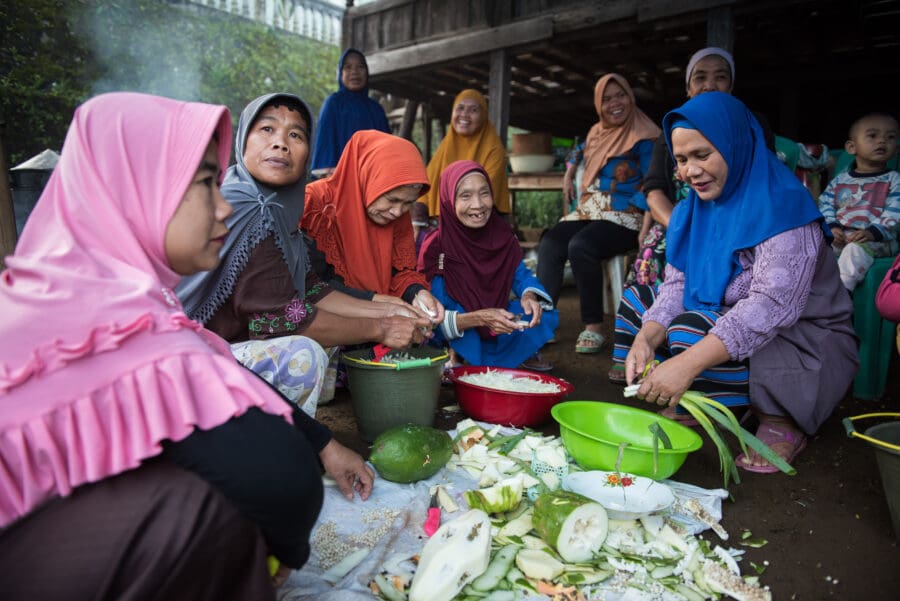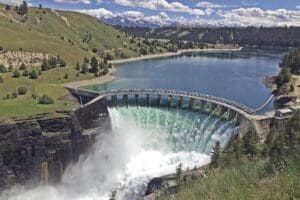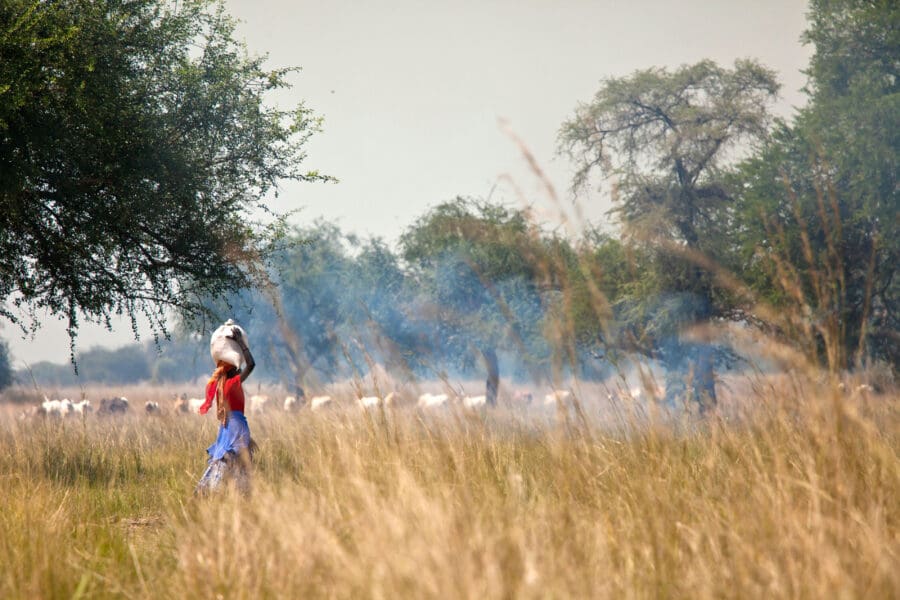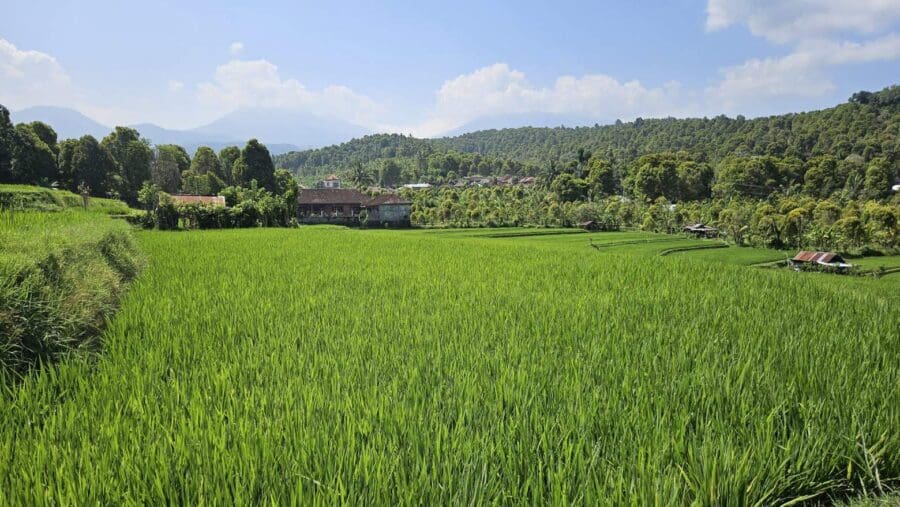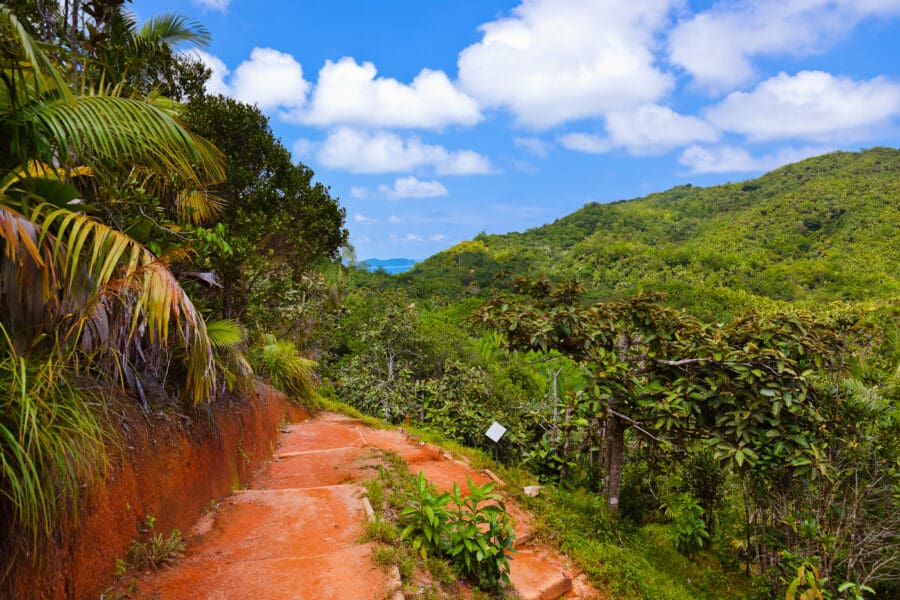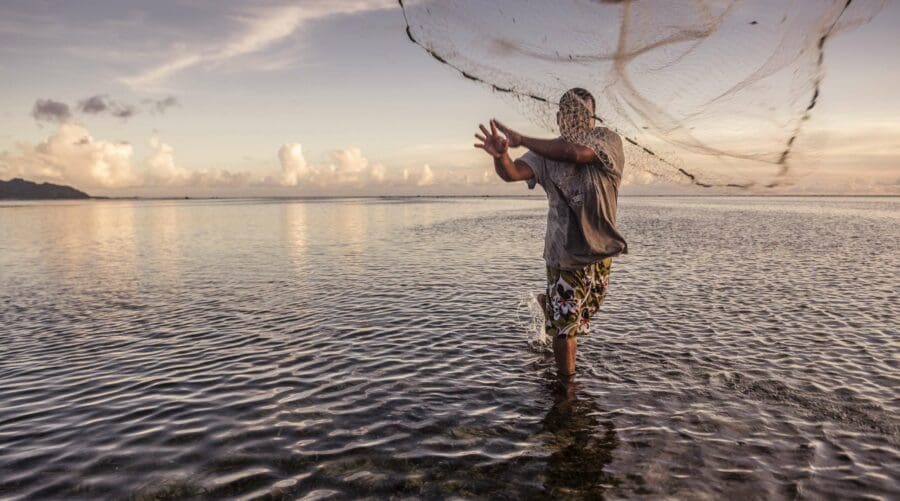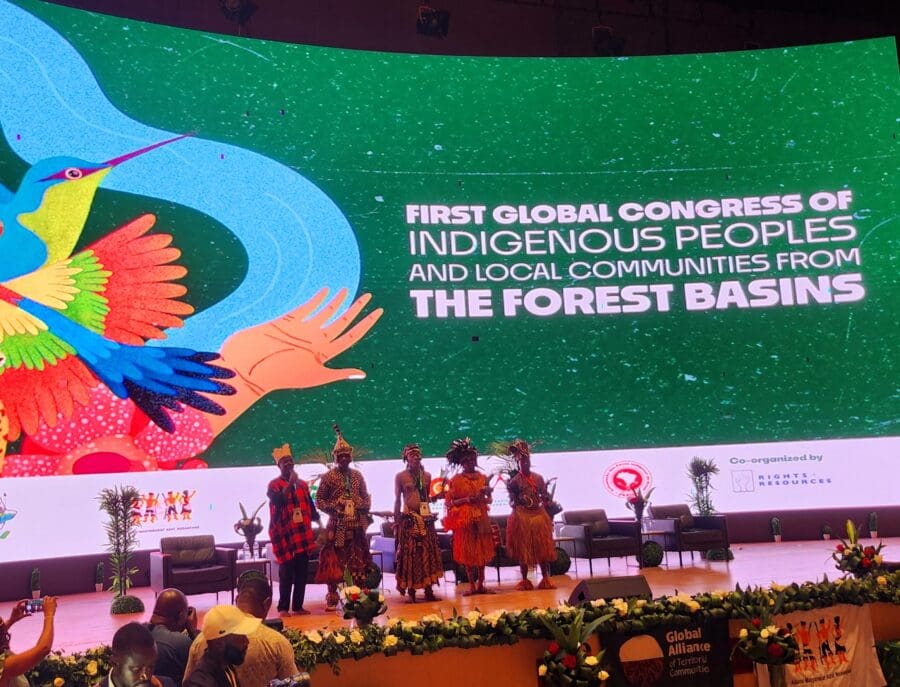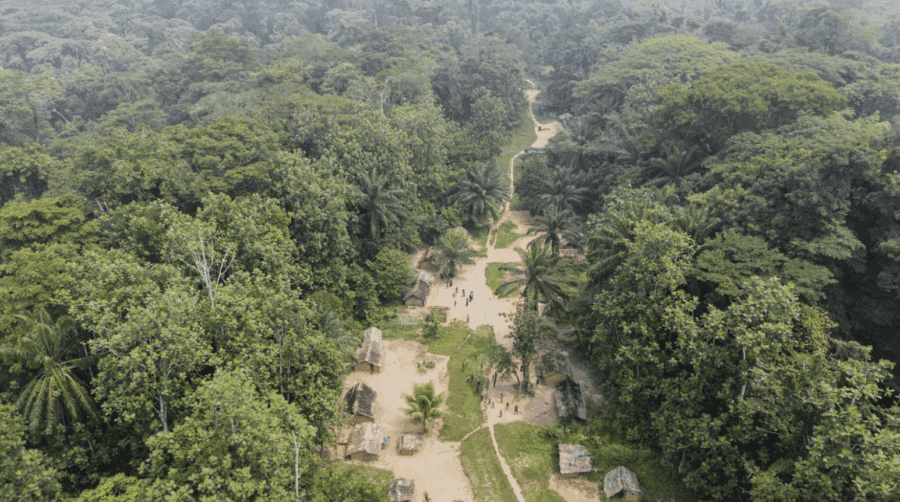Federal legislation enacted at the end of 2020 clears up longstanding tribal claims over water rights in Montana and provides the Confederated Salish and Kootenai Tribes with a historic $1.9 billion windfall.

The DRC: RRI project helps forest communities gain new guidance on concession management
A new operational guide is set to help Indigenous and local communities sustainably manage their forest concessions in the Democratic Republic of the Congo (DRC).
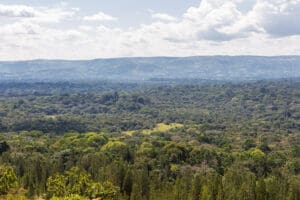
In Kenya, violations of African Court’s ruling lead to illegal evictions of the Ogiek
In May 2017, Kenya’s Ogiek people, a hunting and gathering community, won a landmark victory before the African Court on Human and Peoples’ Rights after…
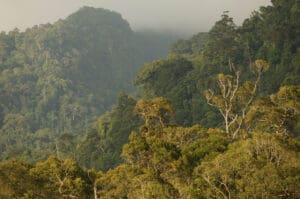
Should Ongoing Land Deals in the Congo Basin be Criminalized?
Africa is currently experiencing what can be called its “third great land transformation.” This follows the first one inaugurated by colonial powers, and a second one launched by postcolonial states for developmental and infrastructural purposes. The 21st century wave of land grabs, which has exploded in recent years, constitutes the third.
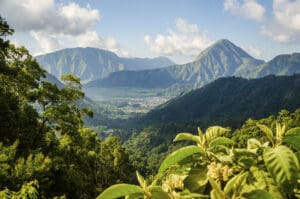
On average, tenure interventions are good for people and the planet
With surging international, national, and sub-national policy attention to land tenure security (LTS) in developing countries in recent years, it is timely to ask: What have been the effects of thousands of efforts to improve it in dozens of developing countries? To date, almost all efforts to answer this question have been relatively small-scale, discrete studies within the boundaries of a single country.
New tool tracks collective rights violations and impact in Latin America
A new study from RRI documents the multidimensional impacts and multiplier effects of collective rights violations by extractive industries and infrastructure development in Latin America. The study tracks 102 cases involving Indigenous Peoples, Afro-descendants, and local communities.

New RRI Study Shows Rights-Based Conservation as Viable Path to Achieving Global Biodiversity Agenda
Historically snubbed by exclusionary conservation, Indigenous and local communities’ role is integral to achieving the UN’s ambitious 2030 global biodiversity agenda. Over 1.65 billion Indigenous Peoples, local communities, and Afro-descendants hold the key to preventing a global biodiversity collapse. Recognizing tenure rights of Indigenous and local communities is projected to cost less than 1 percent of the cost of resettling the populations in biodiverse areas.
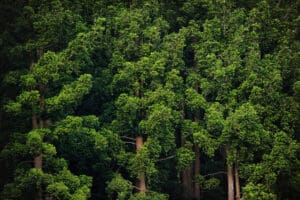
Cameroon: New CED report shows Vietnamese companies behind Illegal timber trade in Cameroon
Damaging the Forest, Harming People - Negative impacts of the illegal timber trade between Cameroon and Vietnam
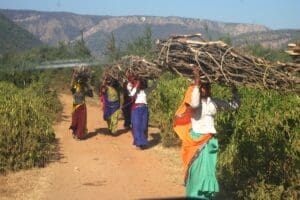
INDIA: How recognition of forest rights is helping some of India’s communities survive Covid-19
New study shows forest rights recognition as game changer in building emergency resilience in forests

In Latin America, a new set of criteria to help identify and protect local communities
Regional community representatives call on the UN and governments to give local communities due recognition by defining who they are.

[Portuguese] Carta aberta da RRI à WWF Internacional
Em nome da Coalizão Rights and Resources Initiative (RRI), uma rede internacional de Povos Indígenas, Quilombolas, organizações comunitárias locais e seus aliados, estou escrevendo para informá-lo de nosso profundo desalento com o recém-lançado Relatório Planeta Vivo 2020.

Open Letter to WWF International from RRI
September 25, 2020 Marco Lambertini Director General, WWF International Dear Mr. Lambertini, On behalf of the Rights and Resources Initiative coalition, an international network…

